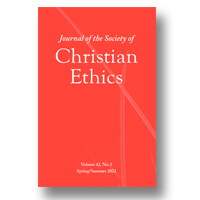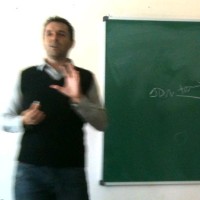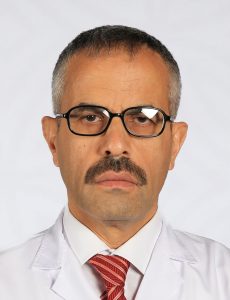An Indian paper mill featuring prominently in our recent investigation in Science and a companion piece on our website shut down its WhatsApp community six days after the stories ran, Retraction Watch has learned.
The company, called iTrilon, used the messaging platform to hawk authorship of “readymade” publications to scientists “struggling to write and publish papers in PubMed and Scopus-Indexed Journals.” It claimed to have connections at journals that allowed the mill to guarantee acceptance of most of its papers.
But on January 24, Sarath Ranganathan, iTrilon’s scientific director, deactivated the WhatsApp community he had been curating.
Continue reading Indian paper mill disbands WhatsApp community following investigation








